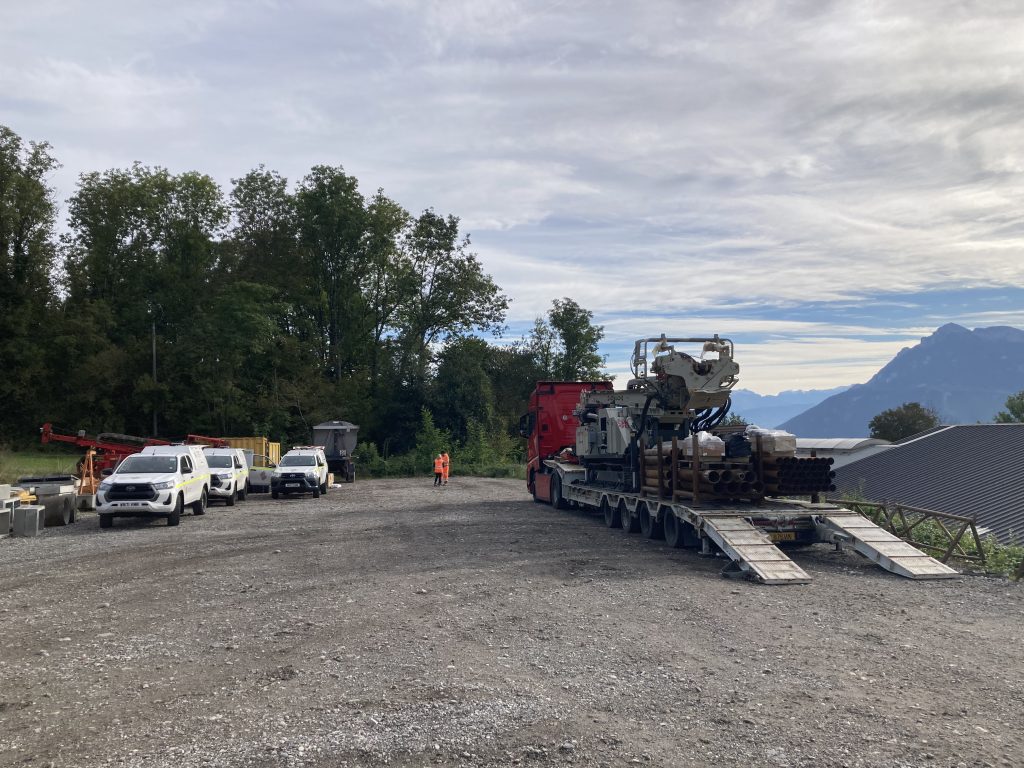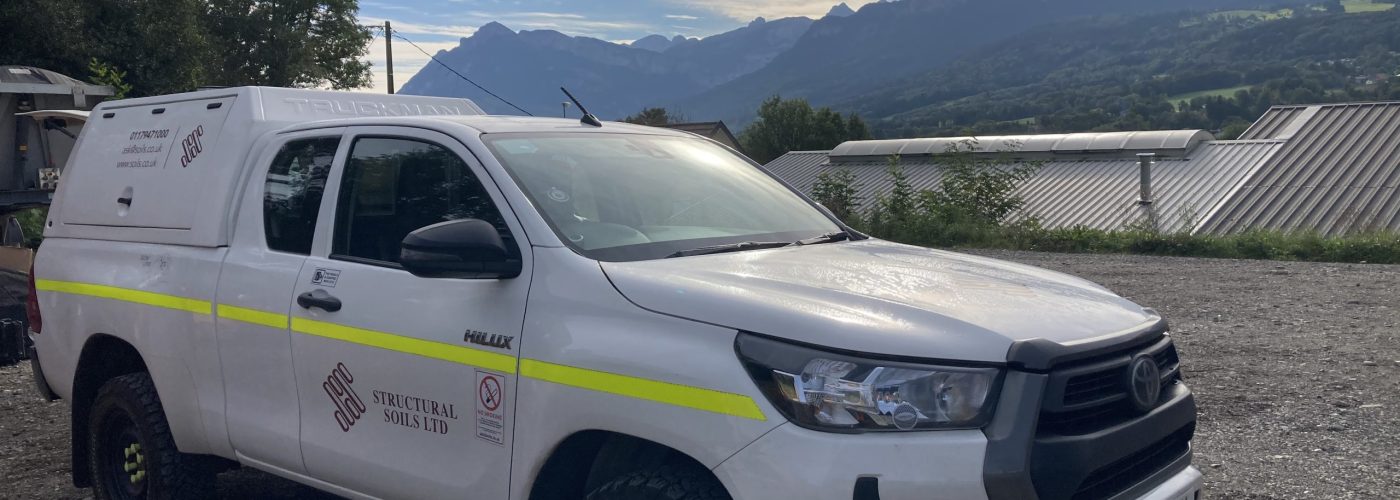Geotechnical and geoenvironmental ground investigation services company Structural Soils will carry out site investigation work as part of a feasibility project supporting the Future Circular Collider study at CERN, the European Laboratory for Particle Physics.
CERN’s Large Hadron Collider has a circumference of 27 km. The Future Circular Collider is expected to be 91km – more than three times the size of the current Large Hadron Collider. The work at CERN, which was established in 1954, aims to “uncover what the universe is made of and how it works”. CERN, the world’s biggest particle physics laboratory, does this by providing a unique range of particle accelerator facilities to researchers to advance the boundaries of human knowledge.
Remaining at the forefront of scientific excellence and reinforcing European leadership in particle physics, an international collaboration is conducting a feasibility study for the Future Circular Collider (FCC), a proposed next-generation collider for the post-LHC era. This study, mandated by the update of the European Strategy for Particle Physics, explores the potential of the FCC to push the boundaries of high-energy physics.
Structural Soils, an RSK Group company, has been tasked with carrying out site investigations for CERN in France in the Haute-Savoie area, south of Geneva, Switzerland. The work will examine the geology of the area with the enhanced level detail required to support the goals of the feasibility study.
Structural Soils Director Mike Williams said: “The site investigation will examine critical areas to reduce any uncertainty surrounding the geological conditions. The emphasis for our team is to review and quantify potential construction risks. This includes a focus on identifying suitable, consistent tunnelling strata, investigating potential high water pressures in the strata and ascertaining the levels of natural gas in the ground.
“The Structural Soils team is incredibly excited about the opportunity to contribute its ground investigation skills to such a globally important and prestigious project. We are collaborating with two companies as part of a joint venture to deliver this work for CERN: Smart Seismic Solutions (S3), a French geophysics company, and Geotec SPA, an Italian firm specialising in deep drilling. Together, we form the consortium known as SGS3.”
The project began in late September and will run for six months on-site, with associated lab testing, monitoring and reporting being carried out over a further six-month period.
Mike said: “Our work involves a wide range of ground investigation techniques, including project management of a large-scale site investigation, in-situ testing, geological logging and sampling, geophysical surveys, and laboratory testing – all conducted by our expert team at Structural Soils. As the lead contractor within the consortium, we are also coordinating the efforts of our partners to ensure the project runs smoothly.
“Our work will be crucial in terms of reducing the construction risk for underground works, but also the environmental aspects. It will be important for Structural Soils to work with the larger team to confirm the ground conditions to aid with the design of the best tunnel footprint alignment to advance further studies at CERN. We are committed to performing this work with minimal disruption to the local population and in strict compliance with environmental standards. Drawing on our previous experience with similar projects and working closely with local and regional stakeholders, we ensure that all activities are conducted responsibly and sustainably, with safety and environmental care as top priorities.
“As part of this process, we will be producing a realistic geological underground model along with a geological profile for every location. This will hopefully provide a template for future main site investigations and our work will support plans for future civil engineering underground works. This will all contribute to the input required for the next European Strategy Update for Particle Physics in 2026/2027.”
Mike said that additional RSK companies will support the project, with CAN assisting with the supply of equipment, RSK Acoustics carrying out noise/vibration monitoring, Central Alliance tasked with mobilisation planning, Drilling Supplies providing consumables and RSK France giving health and safety support.
CERN France ground investigation facts:
- The area of investigation covers/focuses on ten sites around the circumference of the identified tunnel route scenario.
- Structural Soils will be drilling to a depth of between 80 and 550 m.
- The project encompasses deep seismic surveys, drilling operations, lugeon testing, downhole logging, inclined drilling, and installing deep monitoring systems with telemetry divers. It also includes complex geotechnical testing, as well as handling site access logistics and permit management in France.
- Equipment to be used includes large rotary and roto-sonic rigs with various drilling sizes.
- The work is being carried out in a rural area of France. The team will prepare groundworks before drilling and will construct access roads and drilling pads ahead of the arrival of the rigs. These will be removed on project completion, returning the area to pre-project conditions in consultation with local farmers and land owners.

Building, Design & Construction Magazine | The Choice of Industry Professionals





